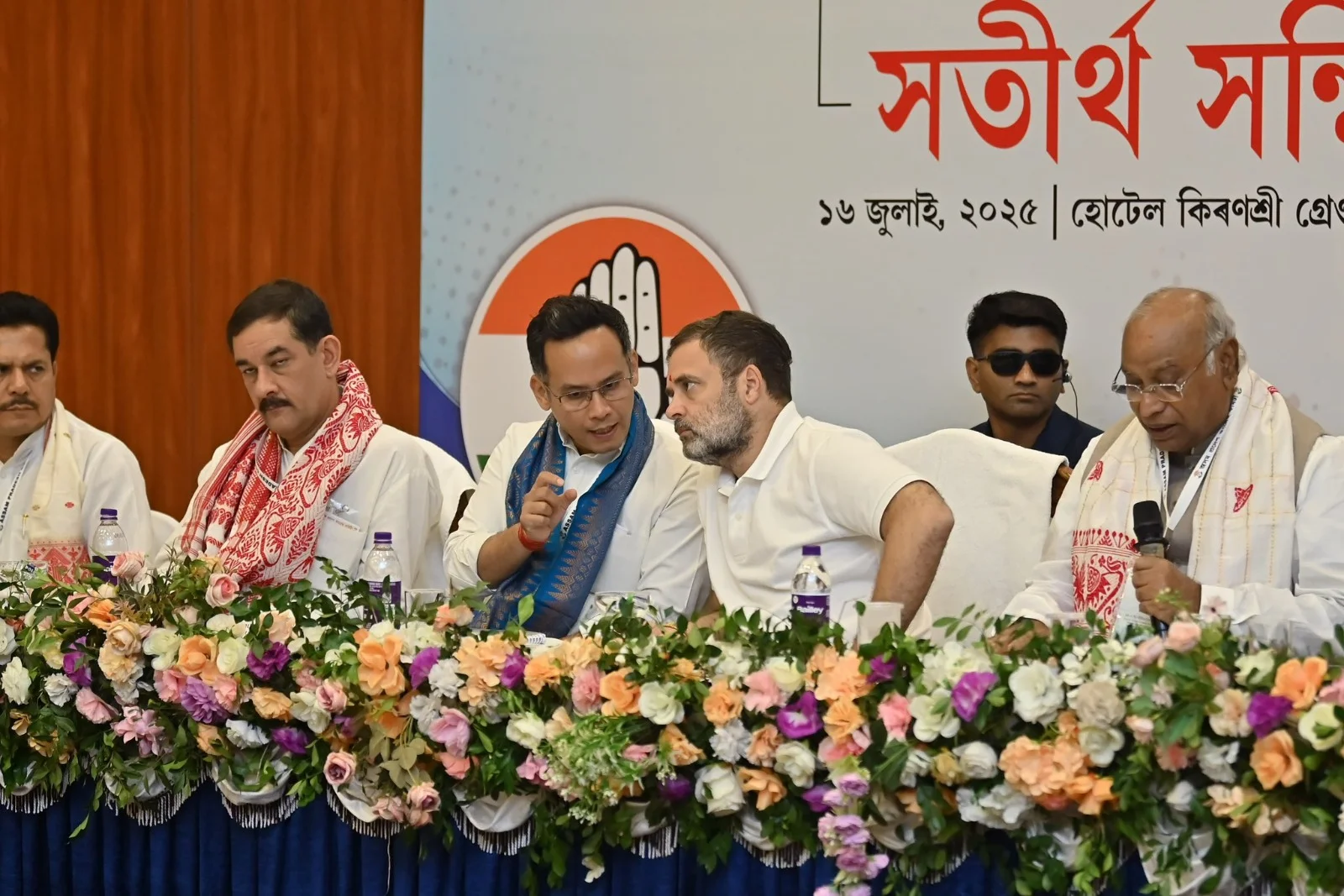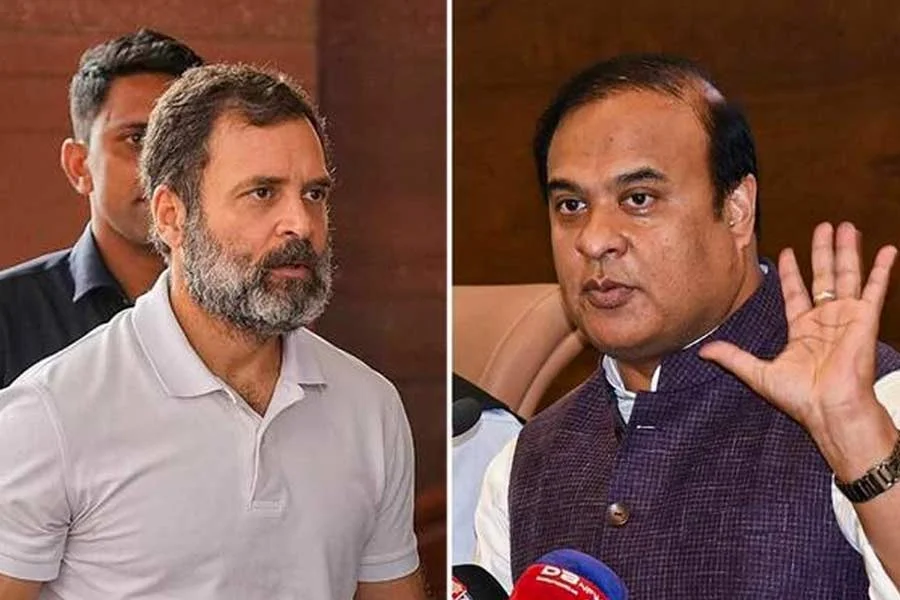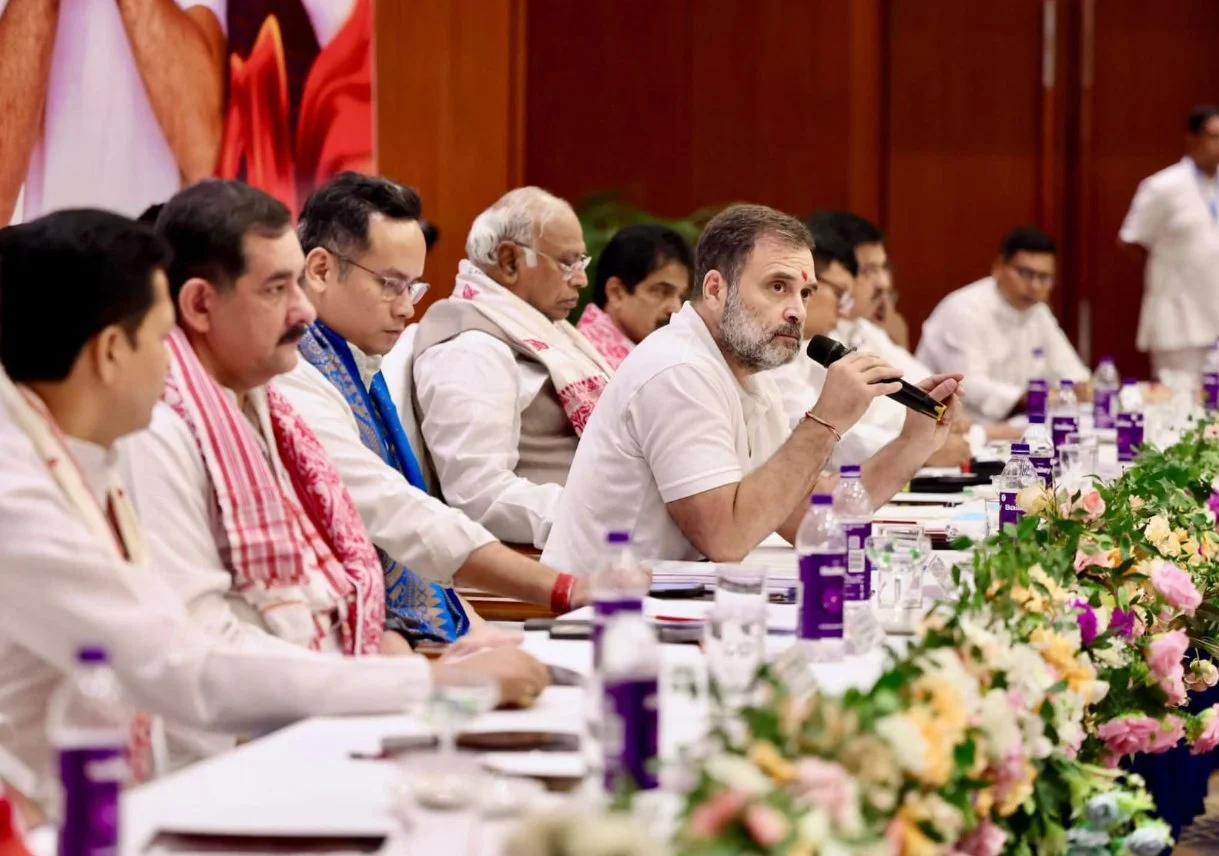Congress leader Rahul Gandhi has recently launched a scathing attack on the Election Commission of India (ECI), dramatically posing the question: “Is EC still ‘Election Commission’ or has it become BJP’s ‘Election Theft’ branch?” This provocative statement, made amidst ongoing political discourse, has brought the integrity of India’s electoral process under intense scrutiny, sparking widespread debate and concern across the nation.
Gandhi’s “election theft” allegations are not isolated incidents but part of a broader narrative he has been building, particularly following recent assembly elections in Maharashtra and ahead of the upcoming polls in Bihar. His accusations center on several key points, suggesting a systematic attempt to manipulate democratic outcomes.
Key Points of Rahul Gandhi’s “Election Theft” Accusations:
- Maharashtra Poll Irregularities:
- Voter List Anomalies: Gandhi has repeatedly highlighted alleged irregularities in Maharashtra’s voter lists. He claims that between the Lok Sabha elections and the subsequent Assembly elections, an “unprecedented” number of new voters—reportedly over one crore—mysteriously appeared on the rolls.
- Unverified Voters: The Congress leader asserts that many of these newly added voters lack verified addresses, raising serious questions about their authenticity. He cited specific instances, such as the Nagpur South West constituency (held by a prominent BJP leader), where the voter list reportedly grew by 8% in just five months, with some booths seeing a 20-50% surge.
- Denied Access to Data: A central part of his “election theft” charge is the Election Commission’s alleged refusal to provide machine-readable digital voter rolls and CCTV footage from polling booths, despite repeated requests from the INDIA bloc. Gandhi argues that this lack of transparency is a cover-up.
- “Vote Theft” Claim: He explicitly termed these incidents not as “isolated glitches” but as “vote theft,” suggesting a deliberate plan to favour the ruling party.
- Bihar Elections: A “New Conspiracy”:
- Parallel Concerns: Gandhi has extended his “election theft” allegations to Bihar, claiming that the ECI and BJP are “hatching a new conspiracy” to “steal the mandate” in the poll-bound state, mirroring what he believes transpired in Maharashtra.
- Electoral Roll Revision (SIR): His concerns in Bihar specifically target the Special Intensive Revision (SIR) of electoral rolls. While the Election Commission states this exercise is to crack down on illegal immigrants and ensure only Indian citizens vote, the opposition fears it could disenfranchise millions.
- EC as “BJP Wing”: Gandhi has overtly accused the Election Commission of “working like a BJP wing” instead of an independent constitutional body.
- Broader Implications on Constitutional Bodies:
- Erosion of Faith: The core of Rahul Gandhi’s “election theft” statements is the assertion that the BJP is continuously attacking the Constitution and undermining constitutional values, with the Election Commission allegedly acting as an accomplice.
- Judicial Intervention: While the Supreme Court has upheld the constitutionality of the EC’s voter roll revision in Bihar, it also asked the commission to consider Aadhaar, voter ID, and ration cards as valid documents for the exercise, indicating a need for careful implementation.
The Election Commission’s Stance on “Election Theft” Allegations:
The Election Commission of India has strongly rebutted Rahul Gandhi’s allegations, affirming its commitment to conducting free, fair, and transparent elections.
- Adherence to Law: The ECI asserts that all elections are conducted strictly in accordance with laws passed by Parliament and established rules.
- Decentralized Process: The poll body emphasizes that the electoral process is highly decentralized, involving thousands of personnel, including booth-level agents appointed by various political parties, to ensure integrity.
- Invitation for Discussion: The ECI has formally written to Rahul Gandhi, clarifying its processes and inviting him for a personal meeting to discuss his concerns, an offer Gandhi has reportedly not yet taken up.
- Misinformation Warning: The Commission has also warned against the spread of misinformation, stating that it “brings disrepute to the thousands of representatives appointed by their own political party and demotivates lakhs of election staff who work untiringly and transparently.”
Political Reactions and the Road Ahead for “Election Theft” Claims:
The “election theft” allegations have naturally drawn sharp reactions from the ruling Bharatiya Janata Party (BJP). BJP leaders have vehemently denied the charges, calling them “baseless” and attempts by the Congress to create chaos and make excuses for anticipated electoral defeats. They point out that the system appears “fair” wherever Congress wins, but “the whining and conspiracy theories begin” wherever they lose.
This ongoing debate highlights the crucial role of perception and trust in democratic institutions. As India approaches more elections, the ability of the Election Commission to maintain public confidence, despite such serious “election theft” allegations, will be paramount. The demands for greater transparency, especially regarding digital voter rolls and polling data, are likely to intensify, shaping the narrative around electoral fairness in the country.
Discover more from RastriyaSamachar24x7
Subscribe to get the latest posts sent to your email.




